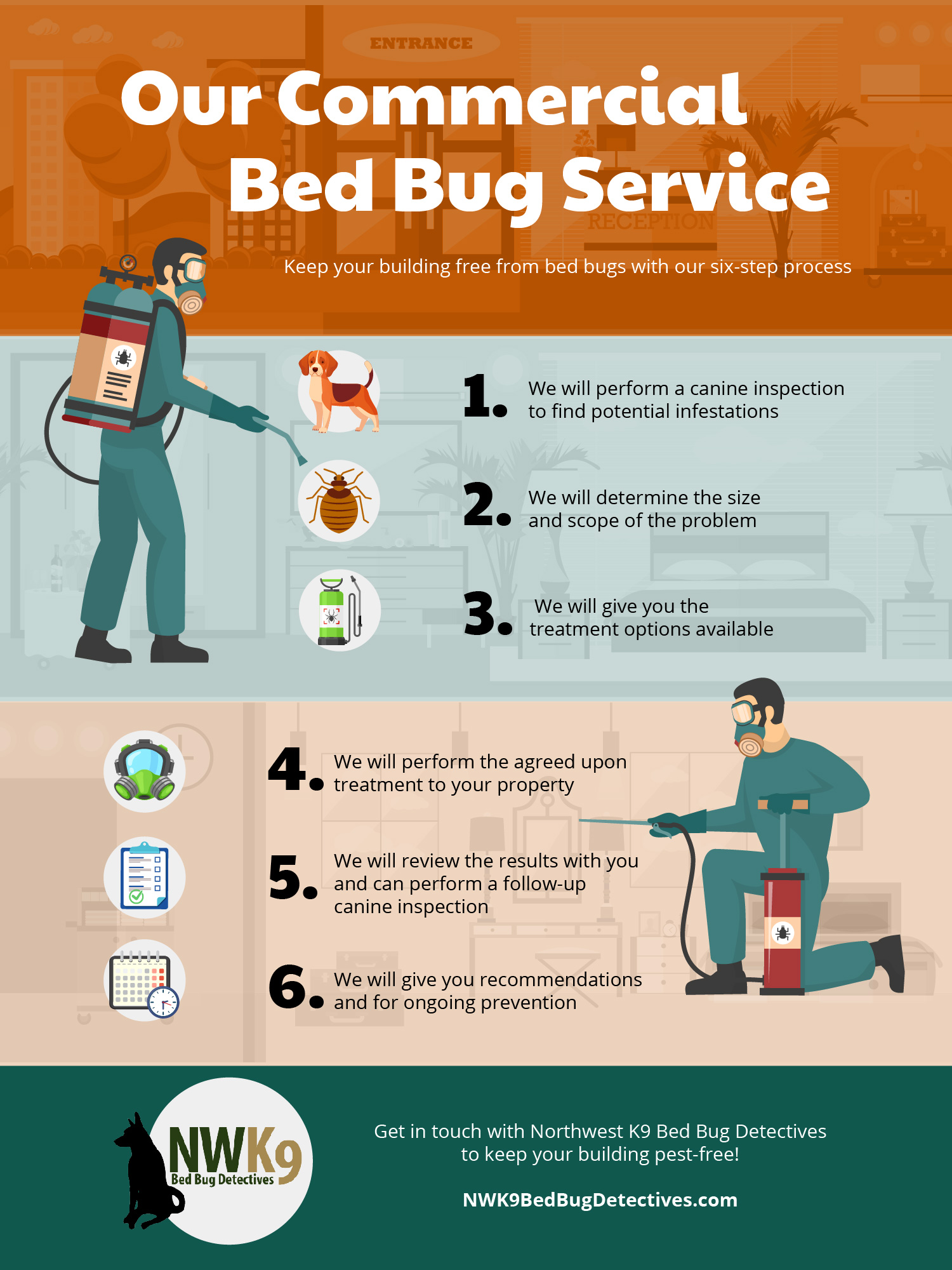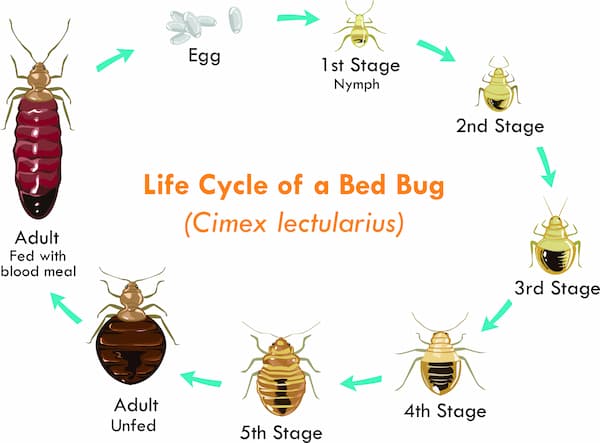The Main Principles Of Bed Bug Services
Table of ContentsThe Main Principles Of Bed Bug Services The Ultimate Guide To Bed Bug ServicesBed Bug Services for DummiesExcitement About Bed Bug Services
A thorough bed bug inspection by experts is a meticulous process and demands careful attention. Bed bugs are small, elusive, and adept at hiding that often dwell in small hiding places in furniture and walls. Because of their hidden habits, detailed examination is necessary to identify the full scope of the problem. Professional inspectors employ a range of techniques, tools, and expertise to locate pests effectively, stopping infestations from worsening.The first step in a proper inspection involves knowing the habits and life cycle of bed bugs. Bed bugs belong to the Hemiptera group and experience multiple nymph stages before reaching adulthood. Adults are typically small, oval-shaped, reddish-brown, wingless, and equipped with long legs and antennae. Their mouthparts are designed to pierce skin and extract blood, producing skin irritation and visible marks. Knowing these traits guides professionals in locating infestations.
Early detection is vital for effective management. Professionals carefully check for signs such as fresh droppings that resemble small ink dots, old stains, shed skins, eggs, or eggshells (Bed Bug Services). A single female can lay hundreds of eggs, leading to rapid infestations if unchecked. Evidence of molted skins or eggshells shows that the infestation is current and necessitates immediate attention
Preparing for an inspection requires attention to detail. Inspectors often advise removing items that block access, which improves access to furniture and baseboards. Bedding and linens may be washed in hot water and dried on high heat, and then kept in plastic bags to maintain cleanliness. Wall decor, mirrors, and pictures should be taken down to allow access to potential bed bug harborages. Vacuuming furniture and floors may capture visible bugs and eggs, and vacuum bags should be emptied in a secure location.
Indicators on Bed Bug Services You Should Know
The inspection itself is systematic and thorough. Inspectors start with beds and adjacent furniture, checking seams, moved here folds, handles, and crevices. Upholstered furniture, including seating furniture, is inspected thoroughly, including underneath and inside cushions. Baseboards, moldings, the edges of wall-to-wall carpeting, electrical outlets, closets, and storage areas receive detailed attention, as these can be frequent hiding places.
Specialized tools help inspectors find hidden pests. Flashlights, magnifying lenses, multi-tools, and mirrors allow examination of tight spaces. Monitoring devices like interceptor traps or sticky pads aid in identifying infestation trends. Some companies bring in canine teams, which detect even small infestations, distinguishing them from old evidence.

Meticulous documentation is essential. Inspectors document all signs, Read More Here infestation levels, and suggested measures. This ensures accountability and helps with client communication. Residents are often advised not to remove blood-stained sheets or vacuum infested areas, as this ensures accurate results.
After inspection, a monitoring plan may be recommended to follow up on findings. Continuous monitoring detects reinfestation, and interviews with household members provides additional insight. Cooperation from residents enhances detection.
What Does Bed Bug Services Do?

Professional inspections offer a higher level of accuracy than DIY attempts. Trained inspectors recognize early evidence of bed bugs, ensure the correct pest is addressed, and confirm the situation accurately.
Bed bug inspections are particularly important in places where infestations spread easily. Inspectors check neighboring rooms and shared spaces to confirm complete assessment (Bed Bug Services). This prevents escalation and reduces treatment costs
In summary, a professional bed bug inspection requires knowledge of bed bugs, property preparation, careful Read Full Report examination, tool utilization, record-keeping, and follow-up monitoring. Each step supports early detection, informs treatment, and reduces future risk.
The 8-Second Trick For Bed Bug Services
